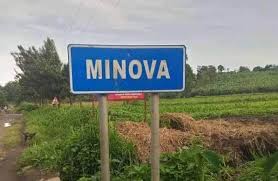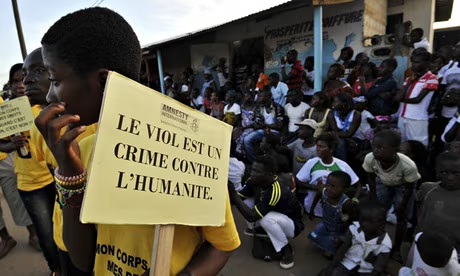13th Session of the African Committee of Experts on the Rights and Welfare of the Child (ACERWC), 20-24 April 2009, Addis Ababa, Ethiopia
IHRDA Statement on the Communications Procedure of the ACERWC
The Institute for Human Rights and Development in Africa (IHRDA) extends its gratitude to the African Committee of Experts on the Rights and Welfare of the Child for the invitation to participate in the 13th Session of the Committee here in Addis Ababa, Ethiopia.
During the 12th Session in November 2008, IHRDA urged the Committee to strengthen the enforcement of children’s rights by considering more communications. IHRDA further called on the Committee to explore options for engaging with the African Court of Justice and Human Rights soon to be established.
IHRDA reiterates its call to the Committee that the receipt and consideration of communications is a unique opportunity for the Committee to develop ground-breaking jurisprudence on the African Charter on the Rights and Welfare of the Child (ACRWC). Such jurisprudence would guide State Parties in developing and sustaining measures to promote and protect children’s rights domestically. As the only child rights treaty body with a communications procedure, the Committee would also serve as a good reference point for other child rights treaty bodies.
IHRDA further urges partner organisations here present and throughout Africa to submit communications to the Committee to seek redress for victims of rights violations, strengthen child rights protection and give visibility to the work of the Committee.
Following the adoption of the Protocol on the Statute of the African Court of Justice and Human Rights by the Assembly of the African Union in July 2008, ten Member States have so far ratified the Protocol. Five more ratifications are needed to bring the Protocol into force and thus the new Court into being. Given that only fourteen signatures and no ratifications have been received within one year, IHRDA anticipates that it would not be too long before the new Court becomes a reality. The new Court is expected to take over the jurisdiction of the current African Court on Human and Peoples’ Rights in human rights matters. Article 30(c) of the Court’s Statute lists the Committee as a party eligible to submit cases to it. This provision enhances the Committee’s protection mandate and consequently places a responsibility on the Committee to prepare itself for this new role.
To strengthen their partnership and development towards the new Court, the African Commission on Human and Peoples’ Rights has revised its Rules of Procedure and the African Court on Human and Peoples’ Rights has published its Interim Rules of Procedure. These two regional bodies are working towards harmonising their Rules of Procedure. Though the Committee has begun collaborating with the African Commission on Human and Peoples’ Rights, it is yet to make strides in its engagement with the African Court.
As the Committee develops a new Action Plan (2010–2015), IHRDA urges it to develop a framework for engaging with the Commission and the Court. IHRDA further urges the Committee to consider revising its Rules of Procedure, particularly the Guidelines on Communications, and align them to that of the current African Court. This would facilitate the process of harmonising the Committee’s Rules with the Rules of the African Court of Justice and Human Rights once it is fully established.




